The food system in West and Central Africa (WCA) is already facing the brunt of COVID-19. Timelines for the release of critical innovations have been affected. The 2020 farming season is experiencing substantial disruptions. COVID-19-induced curfews mean extensionists and researchers cannot make the necessary trips for data collection or to interact with farmers, among other challenges.
Still, WCAâs research leaders see an enormous opportunity to address some of the structural challenges facing the agriculture industry in the region.
At an online conference, held on Wednesday, August 12, 2020, leaders of National Agriculture Research Systems (NARS) of West and Central Africa reviewed and documented the impact of the Coronavirus on laboratory and fieldwork and access to finance and research collaboration.
The online exchange forum brought together close to 30 participants â mostly Director-Generals of NARS, Directors of Research, some members of the Scientific and Technical Committee of CORAF, and some staff of the Executive Secretariat of CORAF.
Dubbed the Research Leaders Conference Series, this first iteration had as overarching goal providing a networking opportunity for NARS leaders and carefully documenting the impact of COVID-19 on agricultural research in view of strengthening the NARS post-COVID-19.
How COVID-19 is Impacting Laboratory Work in WCA
The distancing measures put in place by governments to reduce the spread of the virus are unintentionally delaying the launch of planned research projects, preventing vital data collection, limiting contact between farmers and extensionists.
âThere have been delays in some field activities and the launch of some research projects,â said Dr. Hamidou Traore, Director General of the Environment and Agricultural Research Institute of Burkina Faso (INERA).
âMost research activities are disrupted in Togo as a result of COVID-19. We have difficulty sourcing reagents because the borders are closed,â said Dr. Yao Lombo, Director General of the Togolese Institute for Agricultural Research (ITRA).
âCOVID-19 has further shrunk the research resources at our disposal. Right now, few people attend the meetings we organized as a result of the Coronavirus. So we have to use other means to reach farmers â this includes radio, TV, and brochures,â said Dr. Ãngela Maria Pereira Barreto da Veiga Moreno, Director General of National Research Institute for Agricultural Development (INIDA).
Dr. Moreno also serves as the Chair of CORAFâs Governing Board.
âWe were forced to postpone several activities due to restrictions in movements. We are currently working with the Government to develop a social resilience policy and a national recovery strategy to build economic resilience,â said Dr. Alioune Fall, Director General of the Institute of Agricultural Research of Senegal (ISRA).

How COVID-19 is Impacting Access to Allocated Govât Budget
With many countries prioritizing health care now, research institutions have seen their budgets further reduced. So far, the research leaders indicated they could not undertake planned trips abroad due to reduced budgets.
âIn Sierra Leone, the research budget was reduced from five million to three million because of COVID-19,â said Dr. Mathew Gboku, Director General of the Sierra Leone Agricultural Research Institute (SLARI).
âThere have been measures to be able to restrict the budget for the execution of the crop year. This affected the output of researchers and the overall activities,â said Dr. Lombo of ITRA.
How COVID-19 is Affecting Research Collaboration
The COVID-19 pandemic has made collaboration among researchers very difficult. Directors of research institutions had to become familiar with several available communication tools, such as virtual collaboration tools to adapt to the situation. They also report that the fieldwork was challenging, especially with the illiterate farmers.
âThe communication tools are not effective to use with some partners. It is not easy to collaborate with farmers. Our farmers are mostly illiterate and not familiar to the communication tools,â said Dr. Gboku of SLARI.
Though it is becoming challenging to collaborate virtually, research leaders of both WCA see a new opportunity to reinforce partnership and collaboration.
âWe need more cooperation not distancing,â said Dr. Tenkouano, Executive Director of CORAF.
Opportunity to Build Back Better
The participants agreed that it is important to have risk-centric strategies for research organizations. According to them, and based on a report released on August 11, 2020 by the Center for Strategic and International Studies, research, data, and programming priorities should better reflect major risks and innovative approaches for managing them at farm, community, landscape, and economy levels. The diversity of crop and livestock systems should be emphasized, along with increasing the productivity and efficiency of individual commodities and value chains.
âWe need to prepare ourselves to build back better. The COVID-19 effect shows us that no one will make us happy for us,â said Dr. Tenkouano, in reference to regional research institutions taking greater ownership of their destinies.
According to the Executive Director of CORAF, COVID-19 is neither the first nor the last health challenge that will affect the WCA or the world.
âThe only way out is to have an anticipation and monitoring mechanism to ensure that we are not caught off guard when the problem comes.â
Read also:
- Future of Food System Research Depends on Domestic Funding
- An African-wide Forum Discusses CORAFâs Innovative Approach to Financing Research
- CORAF Joins Global Panel on Actions to Transform Rural Economies
- New Dispensation for Agri R&D in Benin?
- Fruits and Legume Hub Gets New Lab Paving Way for Quality Research
 English
English
 Français
Français 
